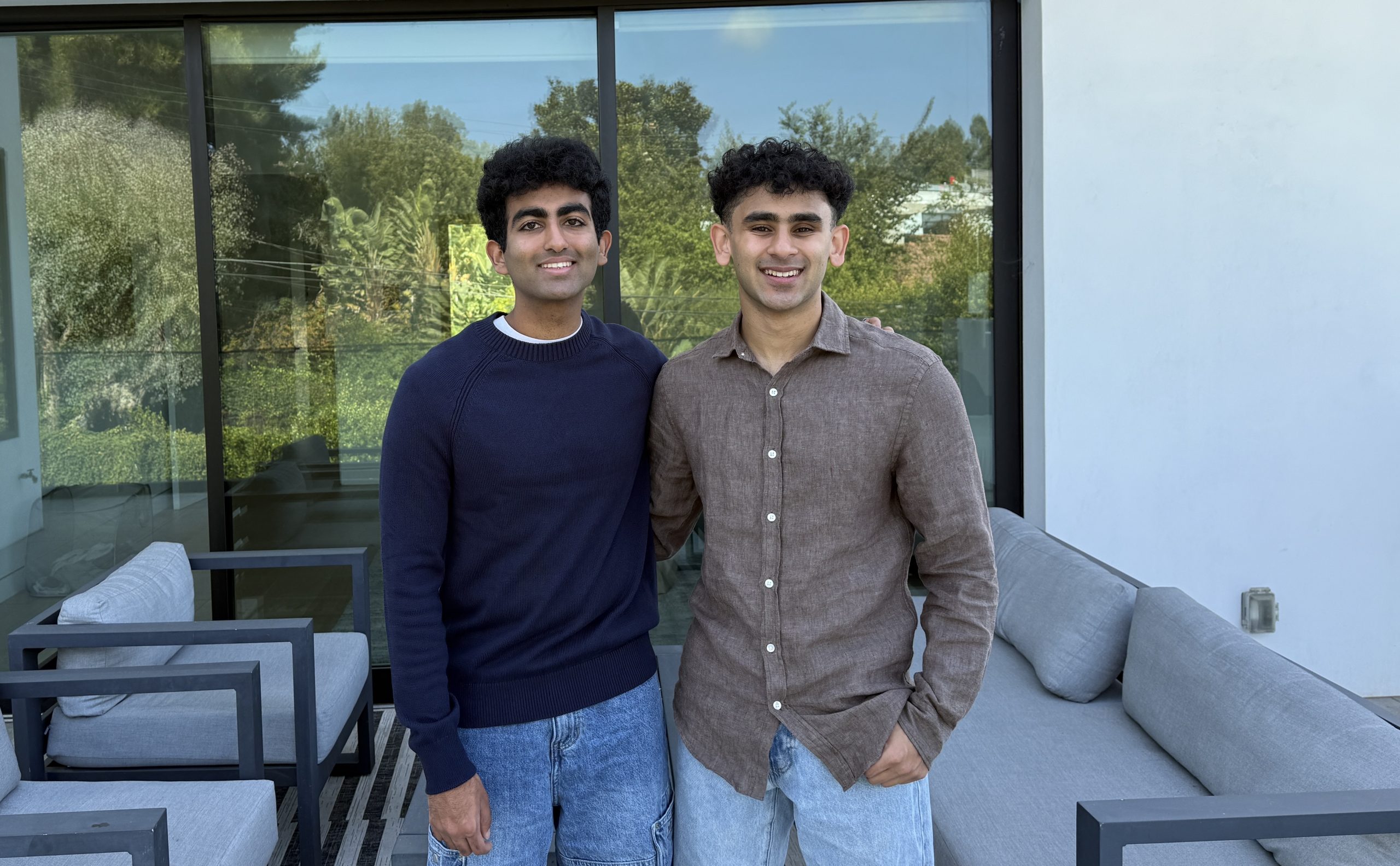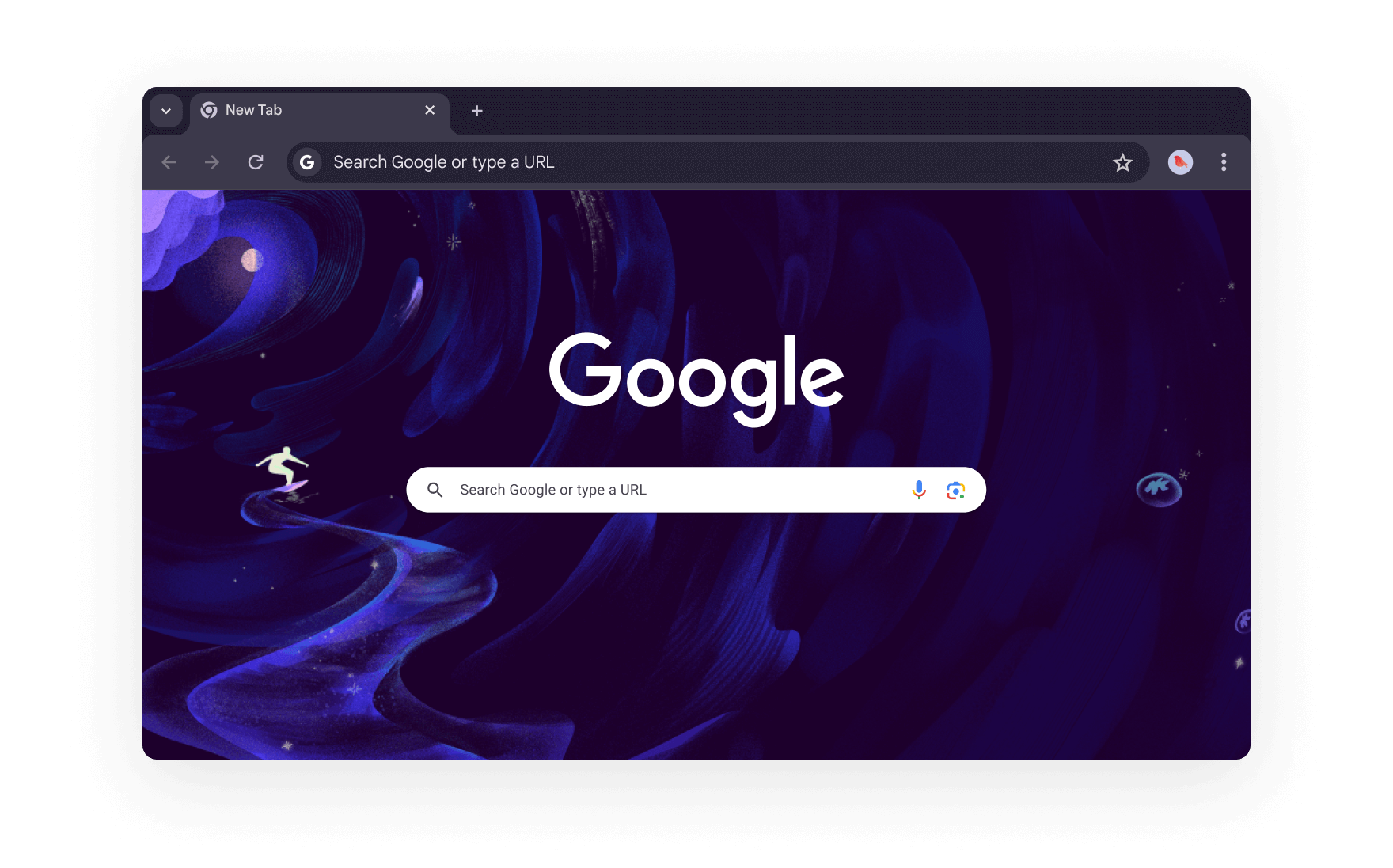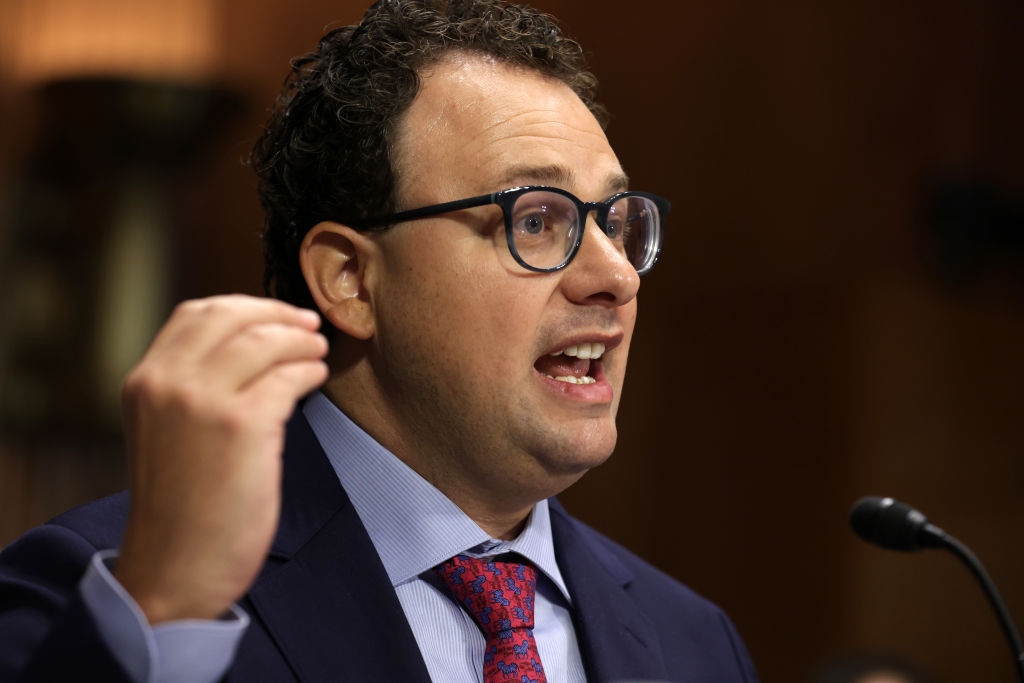
A significant development in the burgeoning field of artificial intelligence has seen ElevenLabs, a leading generative AI company, forge landmark agreements with acclaimed actors Sir Michael Caine and Matthew McConaughey to digitally replicate their voices. This strategic move, announced recently by the company, signals a profound shift in how celebrity personas might be leveraged in the digital realm, opening a new frontier for content creation and brand engagement through synthetic audio. The initiative extends beyond individual partnerships, with ElevenLabs also launching a specialized marketplace designed to offer authorized, AI-generated voices of various celebrities to commercial entities.
The Dawn of Synthetic Voices
Generative artificial intelligence, a subset of AI focused on creating new data instances rather than merely classifying or predicting, has rapidly evolved in recent years. Voice synthesis, in particular, has seen exponential improvements, moving from the robotic, monotone outputs of yesteryear to highly nuanced, emotionally expressive, and incredibly realistic vocal reproductions. This technological leap allows AI models to learn the unique timbre, accent, intonation patterns, and even emotional inflections from a limited audio sample, subsequently generating entirely new speech in that distinct voice. ElevenLabs has distinguished itself as a frontrunner in this sophisticated domain, evidenced by its "unicorn" status and substantial backing from prominent venture capital firms like a16z and ICONIQ, reflecting strong investor confidence in its capabilities and market potential. Their technology is capable of creating voices that are virtually indistinguishable from human speech, a capability that has both immense promise and considerable ethical implications.
A New Chapter in Hollywood’s AI Dialogue
The relationship between the entertainment industry and artificial intelligence has been a complex and often fraught one. Just a few years ago, AI’s potential for replicating performances, voices, and likenesses without explicit consent or fair compensation emerged as a central point of contention during the historic Hollywood strikes involving the Writers Guild of America (WGA) and the Screen Actors Guild – American Federation of Television and Radio Artists (SAG-AFTRA) in 2023. Performers and writers voiced serious concerns about the unregulated use of their digital twins, fearing job displacement and the erosion of creative control and intellectual property rights. The strikes highlighted a critical need for robust guardrails and clear contractual frameworks to protect artists in an increasingly AI-driven landscape.
However, the period following the strikes has also seen a gradual, albeit cautious, warming toward AI technologies among some artists and production houses. The initial apprehension is slowly being tempered by an understanding of AI’s potential as a creative tool rather than solely a disruptive force. Companies like Meta previously demonstrated this evolving perspective by introducing voice assistants for its Meta AI platform that mimicked the vocal patterns of actresses Kristen Bell and Judi Dench. While these were generally positioned as more generalized voice interfaces, they set a precedent for the integration of celebrity vocal personas into AI-powered applications. ElevenLabs’ latest announcement, however, signifies a more direct and commercially focused integration of celebrity voices, moving beyond mere virtual assistants to broader applications in media and branding.
ElevenLabs’ Strategic Initiative: The Iconic Voices Marketplace
At the heart of ElevenLabs’ new strategy is the "Iconic Voices" marketplace. This platform is designed to serve as a secure and authorized hub where brands and content creators can license the AI-generated voices of participating celebrities. The inclusion of figures like Sir Michael Caine, a cinematic legend with a career spanning over seven decades, and Matthew McConaughey, a contemporary star known for his distinctive vocal delivery, underscores the caliber of talent ElevenLabs is attracting. The marketplace is also set to feature voices from other renowned personalities, including the iconic Liza Minnelli and the esteemed late poet and civil rights activist Dr. Maya Angelou.
The partnership with Matthew McConaughey, who is also an investor in ElevenLabs, exemplifies a practical application of this technology. His AI-generated voice will be utilized to translate his personal newsletter into Spanish audio, allowing him to connect with a broader, Spanish-speaking audience without needing to record new audio in a different language himself. This demonstrates the immediate utility of AI voice cloning for extending reach and accessibility. For Sir Michael Caine, the implications could range from enabling new narrative projects where his voice is required without his physical presence, to creating archival content, or even posthumous works, ensuring his iconic vocal legacy endures and remains accessible for future generations. The inclusion of Dr. Maya Angelou’s voice, in particular, highlights the complex considerations surrounding the digital preservation and use of voices belonging to deceased individuals, raising questions about legacy, estate management, and artistic intent.
The value proposition for this marketplace is multifaceted. For brands, it offers an unprecedented opportunity to infuse marketing campaigns, interactive experiences, and digital products with the unique and recognizable voices of celebrities, potentially enhancing engagement and brand recall. For celebrities, it creates entirely new revenue streams beyond traditional endorsements and acting roles, allowing them to monetize their distinct vocal identities as digital assets. Crucially, the emphasis on "authorized" use within the marketplace aims to address many of the ethical concerns that fueled the Hollywood strikes, ensuring that artists maintain control over their digital likenesses and are fairly compensated for their use.
Navigating the Ethical Landscape of Digital Likeness
While the technological advancements are impressive and the commercial opportunities significant, the integration of AI-generated celebrity voices into mainstream media is not without its complexities and ethical considerations. The core principle of consent and fair compensation remains paramount. ElevenLabs’ model, by establishing an authorized marketplace, directly confronts the issue of unauthorized deepfakes and ensures artists are active participants in the licensing of their digital voices. However, the broader societal implications of highly realistic voice cloning extend beyond commercial agreements.
The potential for misuse, even with stringent guardrails, is a persistent concern. The proliferation of deepfake technology, capable of generating convincing but entirely fabricated audio and video, poses risks of misinformation, fraud, and reputational damage. While ElevenLabs aims to provide tools for legitimate commercial purposes, the underlying technology could theoretically be exploited. This necessitates robust security measures, clear content policies, and potentially, industry-wide standards for watermarking or labeling AI-generated content to ensure transparency for audiences.
Furthermore, the concept of "digital immortality," particularly with the inclusion of voices like Dr. Maya Angelou, opens philosophical debates. While it offers a way to preserve and share the legacies of beloved figures, it also raises questions about the boundaries of artistic integrity, the rights of estates, and how future generations might perceive such synthetic creations. Is an AI-generated voice truly representative of the original artist’s intent, especially in new contexts? These are discussions that will continue to evolve as the technology matures.
Market Implications and Cultural Shifts
The "Iconic Voices" marketplace represents a significant inflection point in the entertainment, advertising, and digital content industries. It democratizes access to celebrity personas in a controlled manner, allowing businesses of various sizes to leverage the power of star appeal. Imagine personalized navigation systems with a celebrity’s voice, educational content narrated by a beloved historical figure, or interactive games where characters speak with the authentic cadence of famous actors. The possibilities for enhancing user experience and brand immersion are vast.
From a cultural perspective, this development could subtly alter our perception of authenticity. As AI-generated voices become more prevalent and indistinguishable from human ones, audiences may increasingly question what they hear. While transparency through clear labeling can mitigate this, the line between human and synthetic performance will become increasingly blurred. This could lead to a greater appreciation for live, unadulterated human performance, or conversely, a complete acceptance of AI as a legitimate medium for creative expression.
The expansion of revenue streams for celebrities is another crucial impact. Beyond traditional acting gigs and endorsements, artists can now license their vocal print as a distinct asset, potentially generating passive income and extending their brand influence across diverse digital platforms. This could empower artists to diversify their portfolios and maintain relevance in an ever-evolving media landscape.
The Future Soundscape: Opportunity and Oversight
ElevenLabs’ bold move to formalize and commercialize AI-generated celebrity voices marks a pivotal moment in the ongoing integration of artificial intelligence into creative industries. It embodies both the immense opportunities for innovation, accessibility, and new forms of artistic and commercial expression, as well as the inherent challenges related to ethics, authenticity, and control.
As the capabilities of generative AI continue to advance, the need for a comprehensive regulatory framework will become increasingly urgent. Legislation around digital likeness rights, deepfake prevention, and the transparent labeling of AI-generated content will be essential to foster a healthy ecosystem where innovation thrives responsibly. The collaboration between technology companies like ElevenLabs, artists, legal experts, and policymakers will be critical in shaping this future.
The soundscape of tomorrow is undoubtedly being shaped by AI. ElevenLabs, with its "Iconic Voices" marketplace, is not just offering a new product; it is helping to define the parameters of a new digital economy built on the power of synthetic sound. The journey ahead will require continuous dialogue, adaptation, and a shared commitment to harnessing this transformative technology in ways that respect human creativity and safeguard individual rights.







